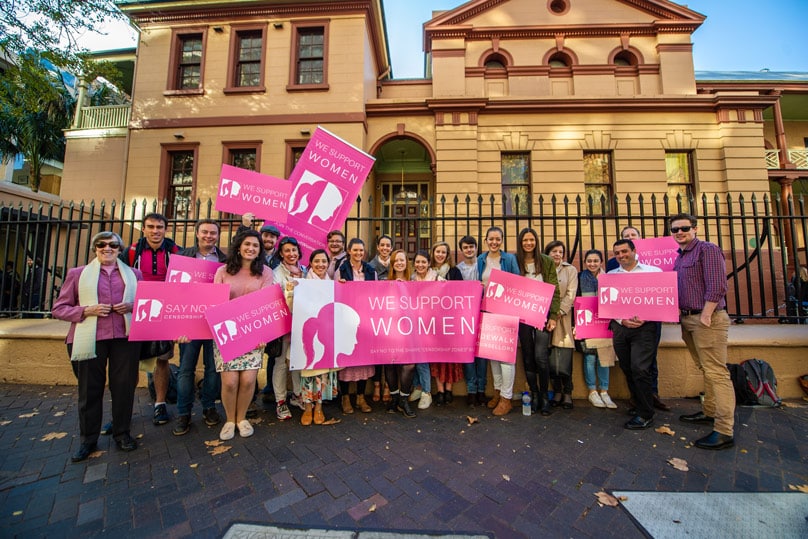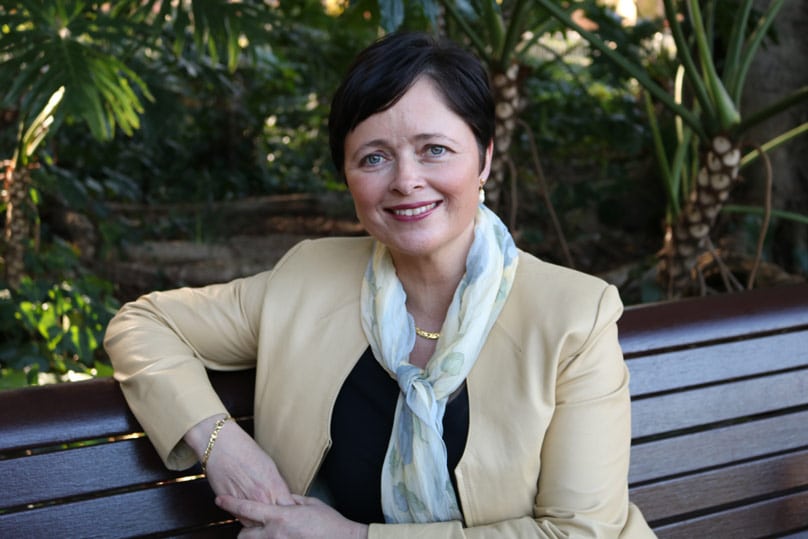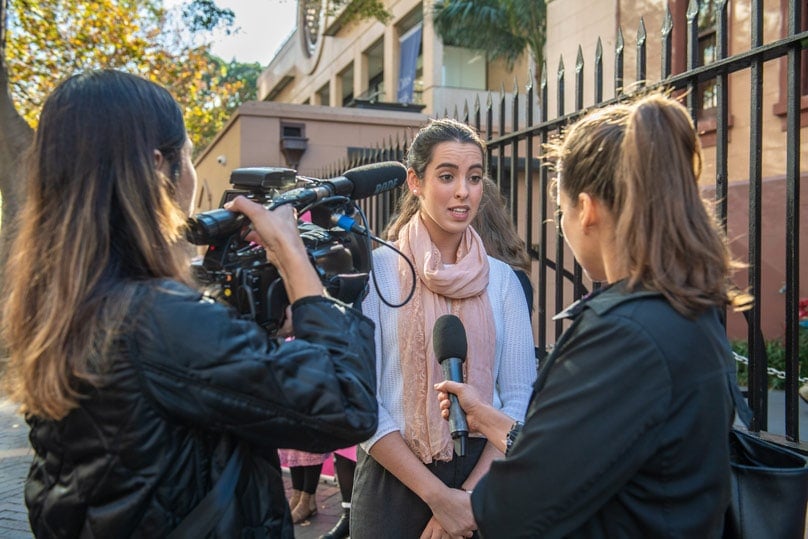
Freedom of speech no longer exists within 150 metres of abortion clinics in the state of NSW.
In the early hours of 8 June, after a lengthy debate, MPs in the Lower House of the NSW Parliament passed The Public Health Amendment (Safe Access to Reproductive Health Clinics) Bill 2018.
The bill introduces legislation prohibiting any communication “in relation to abortions” deemed “reasonably likely to cause distress or anxiety” to those accessing abortion clinics.
In the Legislative Assembly 61 MPs voted in favour of the bill and 18 against.
Two weeks earlier, the bill passed through the Upper House, where 25 voted in favour and 13 against, with four abstaining.
A breach of the new laws will mean a fine of $5,500 or 6 months in prison. A second offence will incur a fine of $11,000 or 12 months prison.
Voting against the bill in the Legislative Assembly was the Minister for Women, Ms Tanya Davies. In her address to Parliament, Ms Davies said she was opposing the legislation as it denies choice to women experiencing crisis pregnancies.

The 150 metre exclusion zones will mean that pro-life sidewalk counsellors, who currently offer support and services to women entering abortion clinics, will no longer be able to do so. Ms Davies said such support for women is sorely needed.
“Not all women are provided with all the options available to them when they are considering their choice. I have heard these stories and listened to their desperate disappointment and regret that they were not told about all their options.”
Ms Davies refuted the assertion made by proponent of the bill, Penny Sharpe, that the sidewalk counsellors to not care about women.
“These volunteers care deeply about women,” Ms Davies said. “They offer support and information that they know will not necessarily always be provided within the abortion clinic. They are providing other information that some women choose to accept. They do not force their views onto these women. They are simply offering women another choice, yet this bill will criminalise that offer of choice and the sharing of information.”
Spokeswoman for the We Support Women campaign, Bethany Marsh, said the bill is a “terrible piece of legislation” that is “extremely flawed” due to its ambiguity.

An example, she said, is clause 98D which makes it illegal to, “…communicate in relation to abortions in a manner that is able to be seen or heard by a person accessing, leaving, attempting to access or leave, or inside, a reproductive health clinic at which abortions are provided and that is reasonably likely to cause distress or anxiety to them.”
She said the penalties for breaching the new laws are particularly “harsh” and that “if you punched a woman outside a clinic you’d get a lesser punishment.”
Ms Marsh, who regularly offers support to women as a sidewalk counsellor outside abortion clinics, said the new legislation is bad news for women facing crisis pregnancies. “Now there will be nothing between women and the abortion clinics,” she said.
Director of the Life, Marriage and Family Centre, Chris Gordon, said, “This legislation means that vulnerable pregnant women, many of whom are coerced into having an abortion will not receive practical help to keep their babies that is offered to them by the pro-lifers outside the clinics.”
“The real aim of these new laws is to take scrutiny away from the abortion industry. We know that vulnerable pregnant women are supposed to receive counselling about all of their options, in reality though, once inside the clinic, the only option women are offered is death for their unborn child.”
“We as a society are failing these women if this is all we can offer them. These new laws are a very bad move for NSW,” Mr Gordon said.
The new laws will take effect sometime after 19 June 2018.
